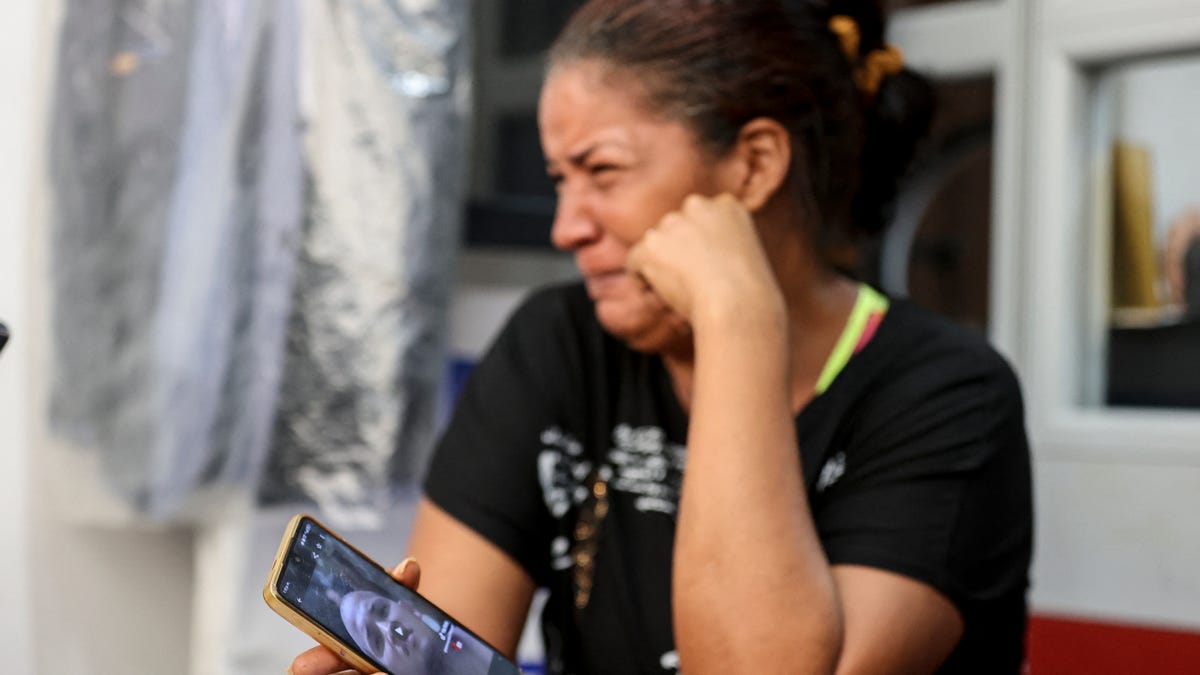What to know about the Alien Enemies Act of 1798
President Trump wants to invoke the Alien Enemies Act of 1798. Here’s what you need to know about the wartime law.
WASHINGTON − Lawyers for Venezuelans fighting their removal said Monday that women were returned to the U.S. after El Salvador refused to accept them. That would seem to contradict Justice Department claims in court that they couldn’t turn around President Donald Trump’s deportation flights under the Alien Enemies Act.
Chief U.S. District Judge James Boasberg ordered a temporary halt to deportation flights March 15 while the case is litigated. But two flights appear to have taken off that night after his verbal order halting the flights and a written order that government lawyers insisted they obeyed.
Government lawyers argued the verbal order was unforceable. The lawyers have refused to provide details about when the flights took off, how many people they carried and where they landed, but El Salvador’s President Nayib Bukele said on social media his country received 238 alleged members of Venezuela’s crime gang Tren de Aragua and 23 alleged members of MS-13.
Skye Perryman, president of Democracy Forward Foundation, which is representing Venezuelans in the lawsuit, said the return of the women signaled that all of the deportees could have been brought back to the U.S. under Boasberg’s order temporarily halting the flights.
“The government’s position expressed today in the D.C. Circuit should send chills down every American’s spine,” Perryman said. “When asked directly, the government again maintained that people the President chooses to remove from the country should be afforded no due process. This is a threat to all Americans and a king-like expansion of power.”
What the Venezuelan women say occurred
Lawyers for the Venezuelans submitted two sworn statements Monday – from a Nicaraguan woman and a Venezuelan woman – who said El Salvador refused to accept them. The women said they and seven other Venezuelan women were flown back that Saturday night, arriving in Texas.
The 26-year-old Nicaraguan woman, whose name was blacked out in court records, said the Salvadorans refused to accept any women or anyone from another Central American country.
“I overheard a Salvadoran official tell an ICE officer that the Salvadoran government would not detain someone from another Central American country because of the conflict it would cause,” the woman said. “I also heard him say that they would not receive the females because the prison was not for females and females were not mentioned in the agreement.”
She had been held at an Immigration and Customs Enforcement in Aurora, Colorado, before she was transferred to the East Hidalgo Detention Center in Texas for the deportation flight.
The Venezuelan woman identified as S.Z.F.R., who had been detained at the Webb County Detention Center in Laredo, Texas, before the transfer for the deportation flight, offered similar testimony.
She was one of eight Venezuelan women who were on one of the March 15 flights but were also rejected by El Salvador.
“All the men got off the plane,” the woman said. “The remaining women asked what happens to us? I was told that the President of El Salvador would not accept women.”
